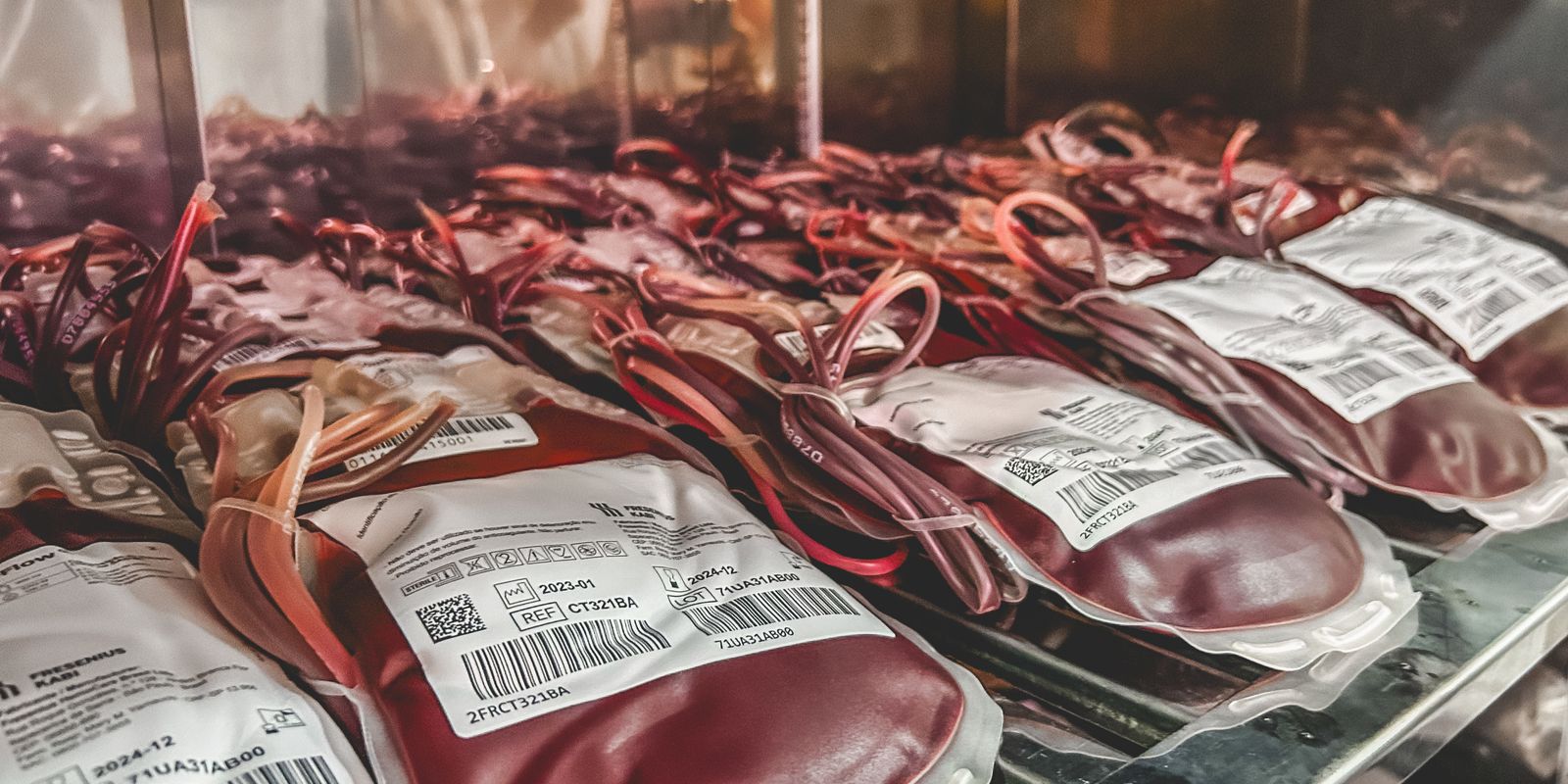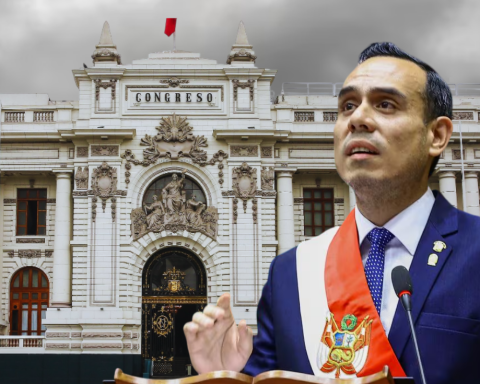The Brazilian Supreme Court (STF) began analyzing this Thursday (8) whether Jehovah’s Witnesses can refuse blood transfusions in treatments carried out by the Unified Health System (SUS). The Court will also decide whether the State should pay for alternative treatment that does not require blood transfusions. For religious reasons, Jehovah’s Witnesses do not undergo the procedure.
Two appeals filed with the Court are motivating the judgment of the issue. The first involves the case of a woman who refused to grant authorization for a blood transfusion during heart surgery at the Santa Casa de Misericórdia de Maceió. Given the refusal, the hospital did not perform the procedure.
In the second case, a man, who is also part of the religious group, asked the Court to order the SUS to pay for an orthopedic surgery that does not involve a transfusion, in addition to paying for the treatment costs.
According to lawyer Eliza Gomes Morais Akiyama, representing the woman who refused the transfusion, Jehovah’s Witnesses face difficulties in maintaining their health. Eliza also argued that the State should offer treatments without the use of blood transfusions.
“Refusal is not a whim. Refusing a blood transfusion is strictly linked to the exercise of personal dignity and to living in peace with oneself and with the God one loves so much, Jehovah. Could this refusal be an act of extremism, of religious fanaticism, or could it be that advances in medicine and law have shown that it is reasonable and legitimate for a patient to make this choice based on their religious convictions?” he asked.
Public defender Péricles Batista da Silva defended the implementation of a protocol for treating Jehovah’s Witnesses and said that the choice not to undergo transfusion should be respected when doctors are aware of the condition. “There is no way to force an adult and capable patient to receive medical treatment.”
For lawyer Henderson Furst, representative of the Brazilian Society of Bioethics, patients’ autonomy must be respected by doctors, however he pointed out that there is legal uncertainty for health professionals.
“It’s about observing a broader understanding. How to register this autonomy? Will a will be enough? Do I need to register it at the notary’s office or not?”, he asked.
In today’s session, the ministers heard the arguments of the parties involved in the process. The votes will be cast in the trial of the case, which does not yet have a set date.

















